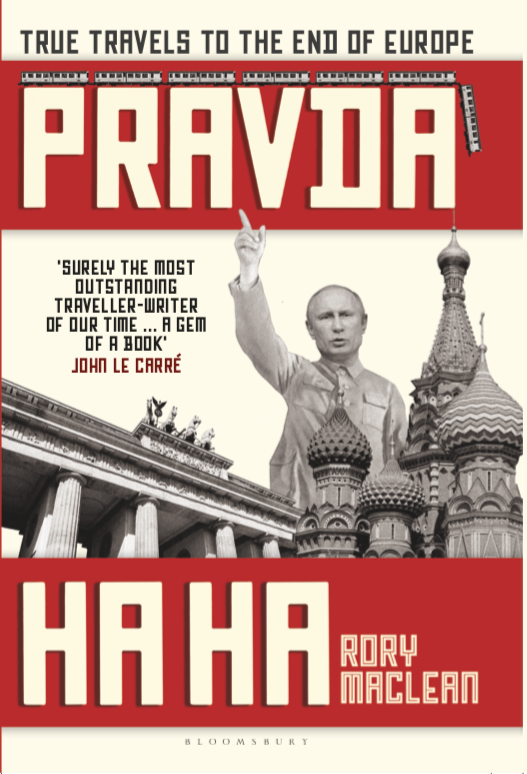The Open Call for the Social Art Award 2019 under the topic “We are the People – Peaceful Revolutions” was closed on December 15, 2019. We are very impressed by 558 submissions that were contributed by artists coming from 65 countries across all continents.
The winners of The Social Art Award 2019 are Narcissa Gold (USA), Melinda Mouzannar (Lebanon) and Bogna Grazyna Jaroslawski (Poland/Germany). The Honorary Mention goes to Kingson Kin Sing Chan (Hong Kong/UK).
Below you find the artworks, that passed the initial jury round. The public voting took place till 30 December and is a tool to give more public visibility to the topic and the artworks. It does not replace the final jury judgment. There were two wildcards for the most voted artworks that entered the final shortlist.
The focus diversity of applications shows that artists are active in the multi-faceted fields of socially engaged art reflecting on wars, genocides, femicides, traumata, violence against refugees, children, women, men, disabled people, LGBTIQs, animals. They share feelings for the planet and its living species, but also showing hopelessness due to complex crises be it climate change (e.g. in regard to water pollution), capitalism, corruption, a violation against human rights, nature, protected national parks. Many of the artists are constantly trying to give a voice to the poorest or empower unheard social groups.
It’s not only about peaceful revolutions, but it’s also about feeling a deep connection and showing love and respect for each other.
Thank you all for sharing your great and inspirational work and look at all the great contributions!
Pravda Ha Ha: True Travels to the End of Europe
Rory MacLean
open category
Thirty years ago - to research my first book 'Stalin’s Nose' (a UK top ten) - I travelled from Moscow to Berlin, at the dawn of a new age. The fall of the Wall was followed by the collapse of the Soviet Union. Seventy years of totalitarianism ended almost overnight and most Europeans embraced the idea of a borderless continent, believing that they - we - had changed the world. Thirty years on, in my 14th book "Pravda Ha Ha", I retrace my original journey, backwards, to ask how that optimism was squandered. How can so many of us now be falling for the populists’ lies and spin, dragging democracy to this precarious present moment? And how can we restore our faith in the healing power of openness and reconciliation? 'Pravda Ha Ha'was published in November 2019 by Bloomsbury, its jacket designed by Michał Kuźmierkiewicz. How can art catalyze change?: My books cross borders. Through the written word I aspire to evoke empathy. In my work I imagine myself into my subjects’ lives so that the reader can better understand them and their time - and so us in our time. I use stories to draw the reader into another world, into our world. This dynamic—these interwoven parallel journeys across time and space, between fiction and non-fiction —compels me to think about truth.I am shocked by how easily, in our desire for clarity, people have fallen for simplistic sound bites and clever Facebook posts, how we have allowed our history to be co-opted by ambitious politicians. Hence, truth and untruth are central concerns in “Pravda Ha Ha”. I wrote the book in a manner that makes the reader aware of how our behaviour has been—and is— manipulated, so as to empower us to manage it ourselves. In our desire for clarity, authors need to write and to think in a plural way, to understand and to illuminate the true complexity of reality. In such a manner art - and the written word - can inspire social impact and change.
Thirty years ago - to research my first book 'Stalin’s Nose' (a UK top ten) - I travelled from Moscow to Berlin, at the dawn of a new age. The fall of the Wall was followed by the collapse of the Soviet Union. Seventy years of totalitarianism ended almost overnight and most Europeans embraced the idea of a borderless continent, believing that they - we - had changed the world. Thirty years on, in my 14th book "Pravda Ha Ha", I retrace my original journey, backwards, to ask how that optimism was squandered. How can so many of us now be falling for the populists’ lies and spin, dragging democracy to this precarious present moment? And how can we restore our faith in the healing power of openness and reconciliation? 'Pravda Ha Ha'was published in November 2019 by Bloomsbury, its jacket designed by Michał Kuźmierkiewicz. How can art catalyze change?: My books cross borders. Through the written word I aspire to evoke empathy. In my work I imagine myself into my subjects’ lives so that the reader can better understand them and their time - and so us in our time. I use stories to draw the reader into another world, into our world. This dynamic—these interwoven parallel journeys across time and space, between fiction and non-fiction —compels me to think about truth.I am shocked by how easily, in our desire for clarity, people have fallen for simplistic sound bites and clever Facebook posts, how we have allowed our history to be co-opted by ambitious politicians. Hence, truth and untruth are central concerns in “Pravda Ha Ha”. I wrote the book in a manner that makes the reader aware of how our behaviour has been—and is— manipulated, so as to empower us to manage it ourselves. In our desire for clarity, authors need to write and to think in a plural way, to understand and to illuminate the true complexity of reality. In such a manner art - and the written word - can inspire social impact and change.



